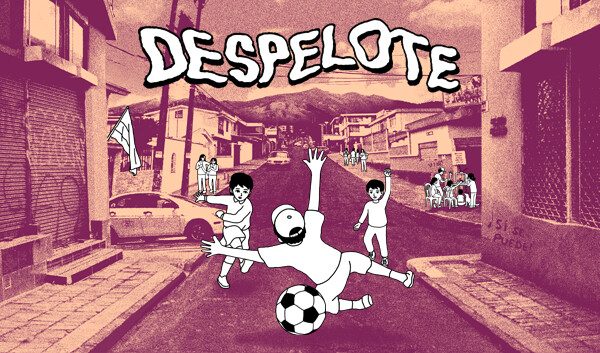Non-Revolution, Tyranny, lower back pain, historical accuracy traps and the liquid nitrogen ice cream that wasn’t are little windows in what feels like a full month spent at the GDC in San Francisco
What’s a prediction you have for the future? The revolution will not be historically gamified.
Last game you played? Assassin’s Creed: Shadows, a thoroughly non-revolutionary historical game.
A task you’ll finally get around to this week? Going to a physiotherapist to quell some uprisings in the lower back.
Quote from a reading you’d recommend? “Be as courageous as you can” From Timothy Snyder’s On Tyranny
Something the team is working on? Having a longer meeting to pick up on some teamwork threads.
“What’s one of your favorite albums?” Gran Turismo by the Cardigans. I like to think that this poppy album is still as catchy as nearly 30 years ago.
What is an ice cream flavor you haven’t ever had yet but want to try? Smitten is one of my favorite ice cream shops in the world (which has something to do with the nerdy fact they use liquid nitrogen to make their ice creams on site). I wanted to try out their ‘Blood Orange Pomegranate’ during my recent trip to San Francisco, but sadly I had to much other fun to find the time.
Quote from something you’ve written?
“If you aim for historical accuracy, you will be trusting on statement of fact, you will be imposing realities, you will be treating the past as settled, you will put yourself in a situation where you have to be right, while you often are wrong. This offers a passive mode of playing in the past.
When you aim to create knowledge-driven pasts you invite yourself and your players to examine facts. From that examination you can offer insights and your players get to decide what insights to receive. It is of critical importance when you do this that you understand that the past is alive, to understand that when we play with the past, the past also plays with us. In this mode we can find out together what the past was really like and we will see that when we play with the past, rather than in it, then we play in a richer, more diverse, and more multivocal playground.”
~from the speaker notes of Aris Politopoulos and my recent GDC presentation, Avoiding the Historical Accuracy Trap
What’s something you used to be good at but can’t do now? Walking straight up (see point about the physiotherapist above).
What question should be swapped out for another? Let’s retire “Quote from something you’ve written” for now and instead ask “What is the best thing about spring?“

From ancient boardgames to the hopeful future of fun, Angus Mol has been blending past and play since at least 10,000 BCE. A completely healthy childhood fervour for Nintendo and, later, PlayStation and PC gaming was discontinued in favour of a career in Caribbean archaeology, a decision that still left plenty of need for game-based escapism. Some entanglement studies at Stanford and a stint at the Prince Claus Fund for development and culture later, Angus has found his way to play as a co-founder of the VALUE foundation, director of the LUCDH, and as the Principal Investigator of PlayTime where he combines heritage and game studies with Digital Humanities tools — talk about lucking out in the long game.




